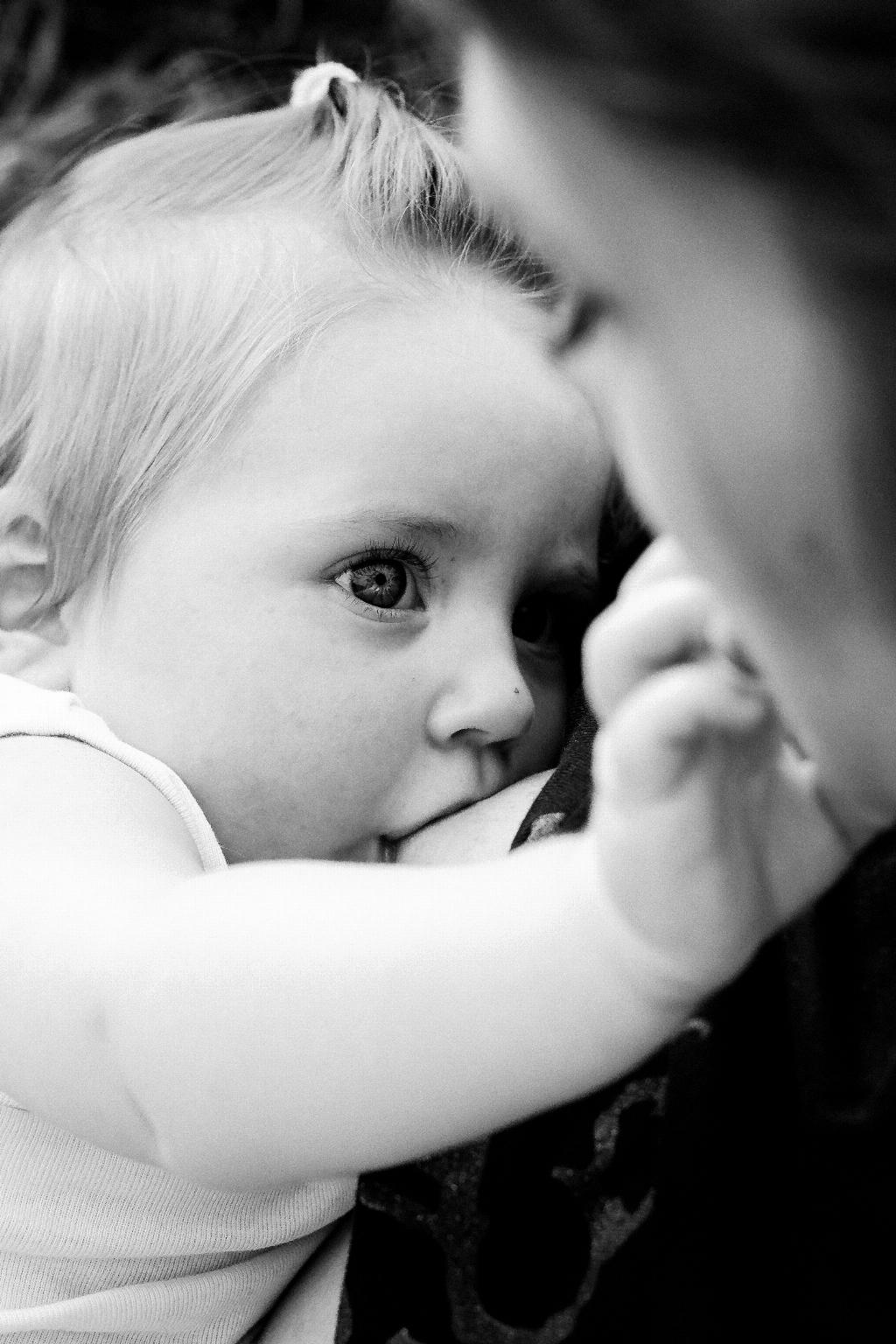When it comes to treating food poisoning while breastfeeding, it’s important to be aware of the potential risks and how to effectively manage the symptoms to ensure the well-being of both the mother and the baby.
Identifying the Symptoms of Food Poisoning
Food poisoning can manifest in various ways, including nausea, vomiting, diarrhea, abdominal cramps, and fever. If you suspect food poisoning while breastfeeding, it’s essential to monitor your symptoms closely and seek medical attention if they worsen or persist.
Hydration is Key
One of the most critical aspects of treating food poisoning is maintaining proper hydration. Dehydration can exacerbate the symptoms of food poisoning, so it’s crucial to drink plenty of fluids to replenish lost electrolytes and prevent further complications.
Opt for Rehydration Drinks
Rehydration drinks and salts can help restore electrolyte balance and aid in the recovery process. These products are readily available at pharmacies and are safe to consume while breastfeeding. They can be particularly beneficial in cases of severe dehydration.
Avoid Certain Beverages
Avoid consuming undiluted fruit juices and soft drinks when dealing with food poisoning, as they can worsen dehydration and diarrhea. Opt for water, herbal teas, or electrolyte-rich beverages to help combat dehydration.
Assess the Severity of Dehydration
In cases of severe dehydration, intravenous fluids may be necessary to restore the body’s fluid balance rapidly. If you experience significant dehydration symptoms, such as dizziness, rapid heart rate, or dark urine, seek medical attention promptly.
Rest and Replenish
Rest is crucial during the recovery period from food poisoning. Allow your body ample time to recuperate and focus on consuming nourishing foods that are gentle on the stomach, such as bland crackers, rice, bananas, and toast.
Consult with a Healthcare Provider
It’s essential to consult with a healthcare provider if you suspect food poisoning while breastfeeding. They can provide personalized guidance on managing your symptoms, recommend appropriate treatment options, and ensure the safety of your baby.
Monitor Your Baby’s Well-being
While dealing with food poisoning, keep a close eye on your baby’s health and behavior. If you notice any unusual symptoms or changes in feeding patterns, contact your healthcare provider immediately to address any potential concerns.
Proper Food Handling Practices
Prevention is key when it comes to food poisoning. Practice proper food handling and hygiene measures to reduce the risk of contamination and ensure the safety of the food you consume while breastfeeding.
Follow-Up Care
After recovering from food poisoning, follow up with your healthcare provider to assess your overall well-being and address any lingering symptoms or concerns. It’s important to prioritize your health to continue providing optimal care for your baby.
Conclusion
While food poisoning can be a challenging experience, with proper hydration, rest, and medical guidance, you can effectively manage the symptoms and recover safely while breastfeeding. Prioritize self-care and seek support when needed to ensure the well-being of both yourself and your baby.

